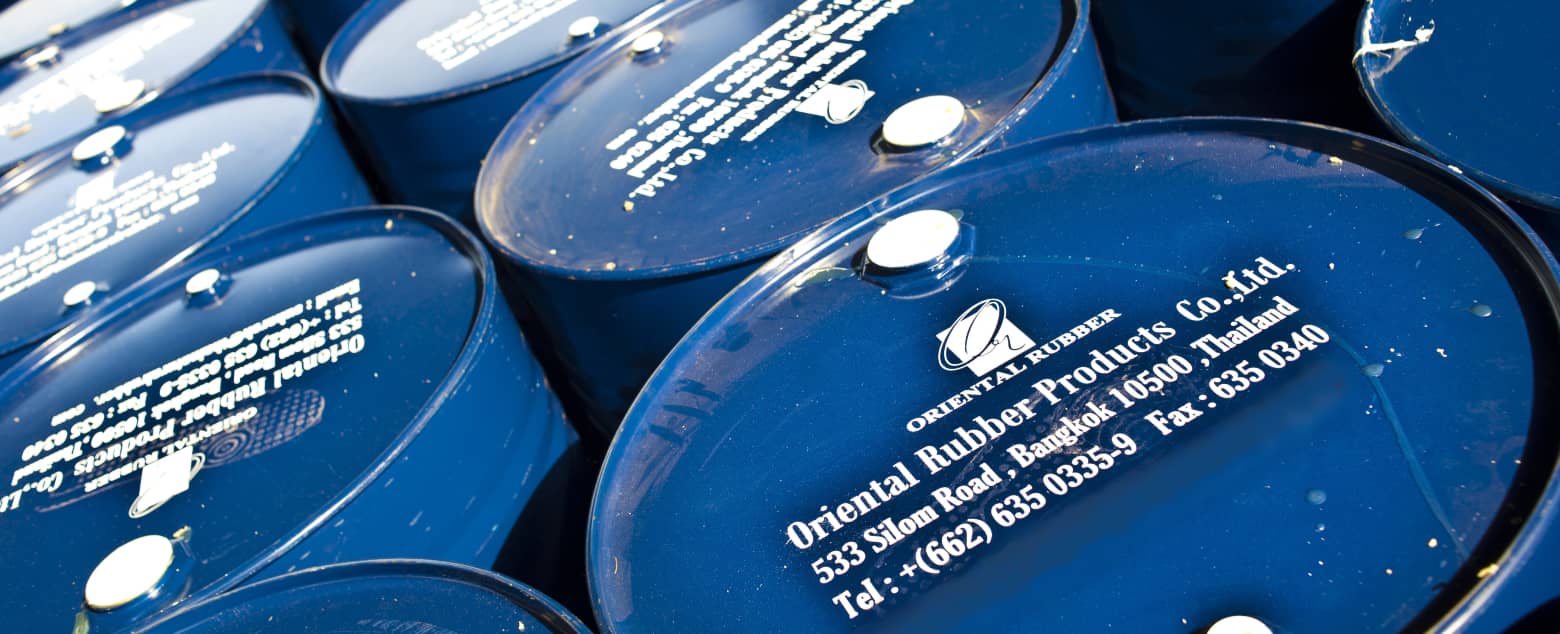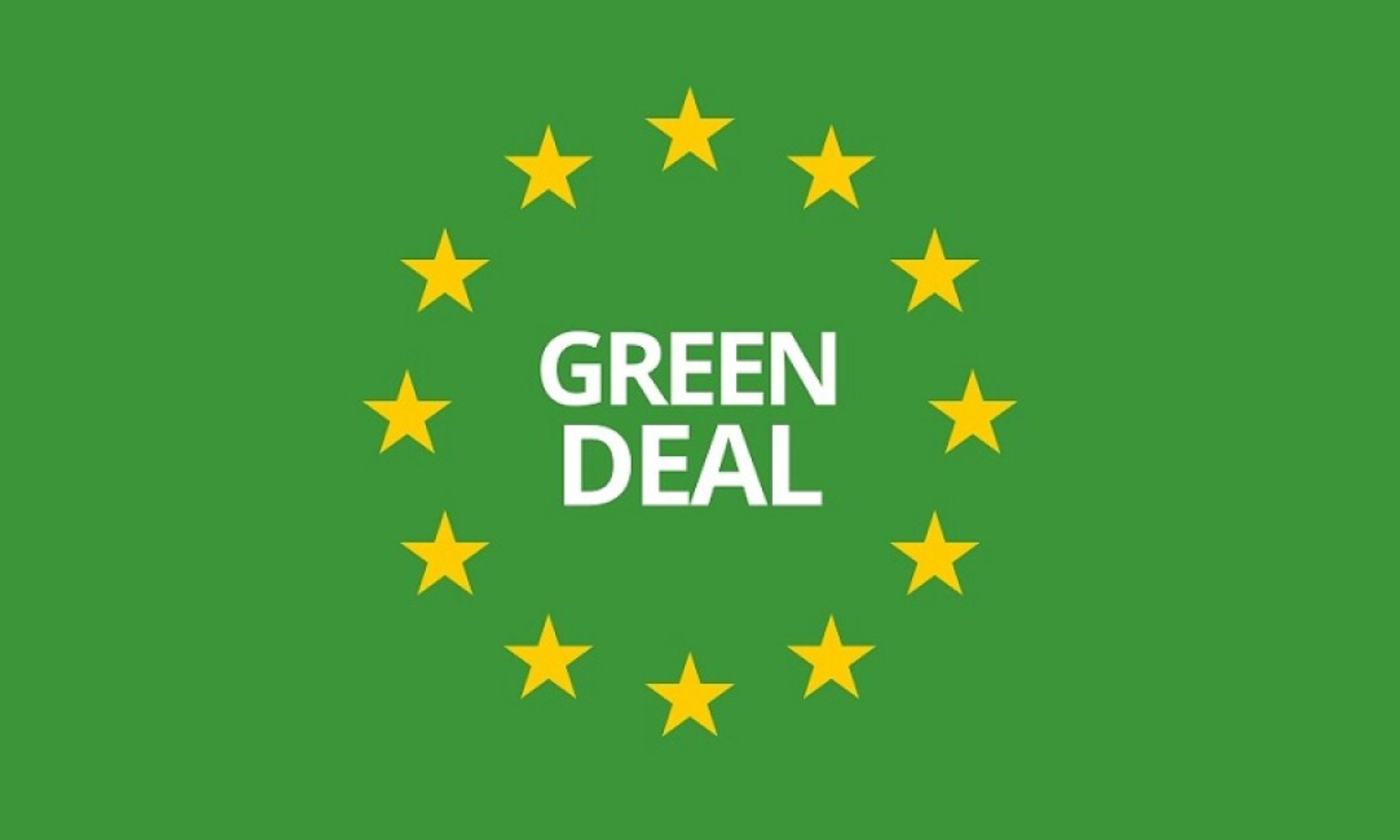
Southeast Asian Rubber Producers Anticipate Impact of New EU Deforestation Rules
EU Deforestation Regulation Introduces Stringent Traceability
The European Union has introduced a robust set of regulations aimed at curbing deforestation, which poses a significant challenge to Southeast Asia's rubber industry, spanning from the small farms in Cambodia to the leading exporters in Thailand and Malaysia. The new EU deforestation regulation (EUDR) mandates a ban on imports of specific commodities, including rubber, derived from deforested lands post-December 31, 2020. To maintain market access, companies must now provide detailed information tracing their supply chains, an obligation that will be enforced starting December 2024 for large enterprises and June 2025 for smaller entities.
Disproportionate Impact on Smallholders
Experts express concern that the stringent requirements will place a disproportionate burden on small-scale farmers who might lack the resources to comply. Jean-Christophe Diepart, a geo-agronomist, underlines the "profound implications" for Cambodia's 30,000 smallholders. The complexity and cost of meeting the traceability standards could result in these smallholders being edged out, favoring larger corporations with more substantial compliance capabilities.
Response from Malaysia and Thailand
Malaysia and Thailand, key players in the rubber industry, have begun to strategize their response to the impending regulations. Malaysia, in unison with Indonesia, has entered into negotiations with the EU, conscious of the implications not only for their palm oil but also for their $2 billion rubber export industry. A significant majority of Malaysia's rubber is cultivated by smallholder farmers, who have expressed their discontent with the EU's "unilateral and unrealistic" demands through a petition.
Thailand, as the world's premier rubber producer, is proactively setting up a national platform to support its over 5 million farmers in complying with the traceability prerequisites. The Thai Rubber Authority is creating a comprehensive system that will document each step in the supply chain, a move that has already seen widespread registration from industry participants.
The Complex Trade Dynamics of Cambodia
Ironically, while Cambodia exports minimal rubber to Europe, the country exemplifies the complexities inherent in enforcing such trade regulations. The bulk of Cambodian rubber is traded informally to Vietnam as coagulum, bypassing local processing plants and, in turn, causing economic losses in potential value addition and job opportunities. This trade, often unrecorded, poses significant challenges to Vietnam, another major exporter to the EU, as mixing of rubbers compromises traceability.
Challenges and Criticisms of EUDR
The demands of the EUDR, which encompass a risk assessment with 14 criteria, seem to overlook the nuances of smallholder trade and cross-border transactions prevalent in countries like Cambodia and Laos. The EU policymakers have not yet fully addressed the complexities of cross-border trade in their regulations. Moreover, critics argue that the EUDR may be too late to reverse the environmental damages previously incurred by the rubber industry.
Economic Implications for Producers
For producers throughout the region, both large and small, the looming question is who will shoulder the costs of compliance. Men Sopheak of the Cambodian association for rubber development points out the financial pressures on producers, exacerbated by stagnant rubber prices. Yet, there is hope that stricter sustainability standards could spur local processing and value addition.
In Thailand, industry leaders acknowledge the inevitable rise in production costs due to new traceability systems but recognize the global trend towards sustainability. Producers are determined to adapt, foreseeing the shift not just as a European phenomenon but as a future global standard.
As Southeast Asia's rubber producers brace for the full force of the EU's new deforestation rules, the industry is set to undergo significant transformation to meet the challenging, and potentially costly, demands of sustainability and traceability in the global market.


